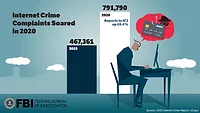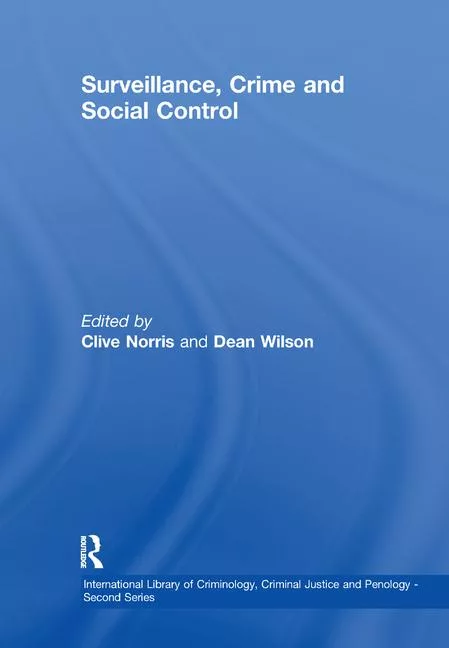FBI to Overhaul Uniform Crime Report
The FBI said it will overhaul its signature tracking program, the Uniform Crime Report.
According to a USA Today report, "Murders may be the most consistently tracked offenses in the summary portion of the report. But an unknown number of other crimes often committed in the course of those deaths — rapes, robberies, assaults, arson and others — go unrecorded. Long-standing reporting limitations allow for tracking only the most serious single offense from each incident, regardless of how many other offenses have been committed."
The UCR crime summary tracks 10 specific offenses, including murder, rape, robbery and aggravated assault. It does not record crucial details about race, gender and relationships involving both victims and offenders. Neither is there specific information about where crimes take place and the identification of specific weapons involved, all of which could assist law enforcement officials and lawmakers in devising more effective anti-crime strategies, said USA Today.
The giant holes in the reporting method, federal authorities and analysts acknowledge, call into question the reliability of a measure that often determines how hundreds of millions of dollars in taxpayer money is spent in an attempt to bolster public safety, said USA Today.
In place of the summary crime report, the FBI is expanding the capacity of a National Incident-Based Reporting System, or NIBRS, that has the potential to account for much of what is lacking. Instead of 10 offense categories, it tracks 24; it has the capacity to record how often law enforcement officers use deadly force against citizens — and whether those encounters involve a disproportionate number of minority suspects.
According to USA Today, it will take years expand the NIBRS system to produce a more representative sample of crime in America. Just 6,300 of nearly 18,000 U.S. police agencies funnel the more detailed crime information to NIBRS, while about 10,000 agencies provide the basic summary data.
And at least 400 agencies are needed to convert the summary systems to the richer data delivery method under NIBRS for the FBI to produce a sound national report. Among the police departments that do not participate are some of the largest in the country: New York, Chicago and Philadelphia.
According to USA Today, "federal officials are in the midst of an audit involving about 400 agencies identified for possible conversion to the new reporting system. Among the areas of review are the state of the agencies' records management systems, the costs required for conversion and what financial or technical assistance, if any, the federal government may be able to provide."
Looking for a reprint of this article?
From high-res PDFs to custom plaques, order your copy today!







